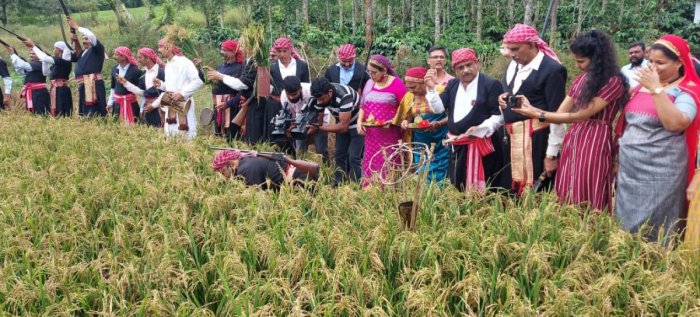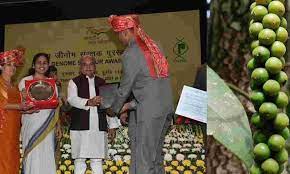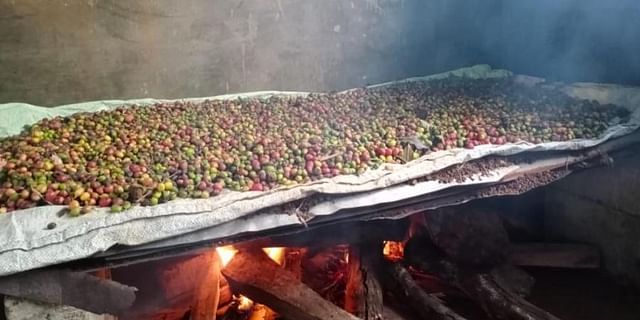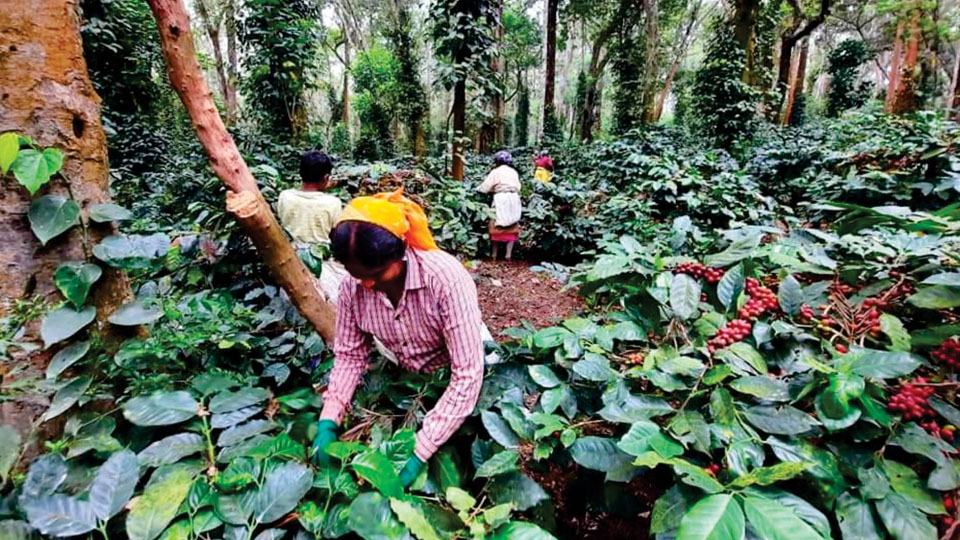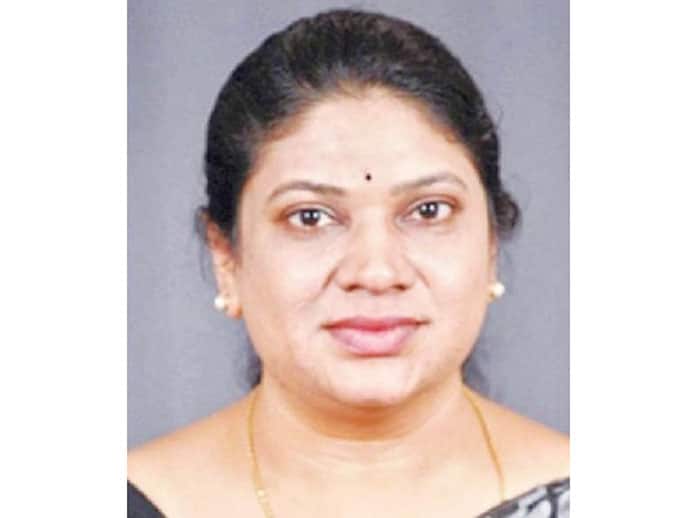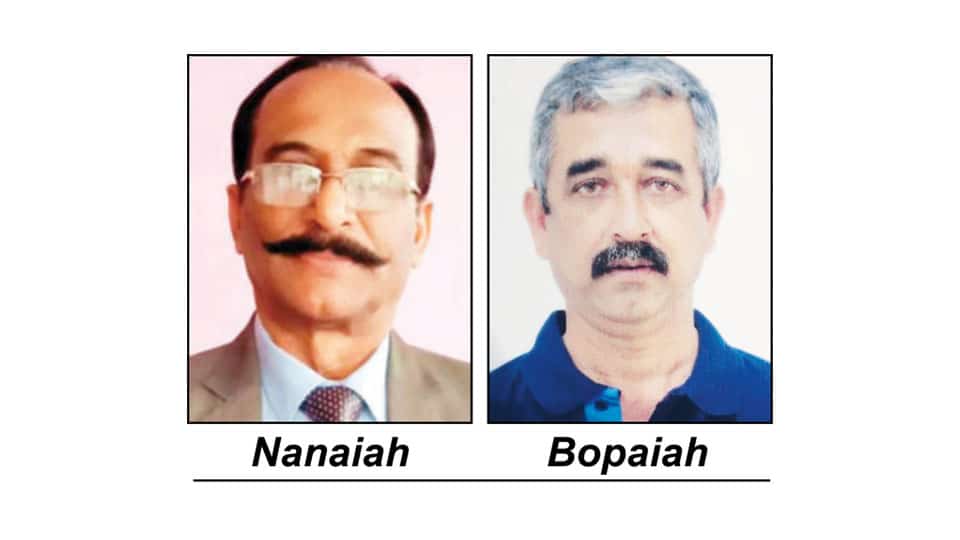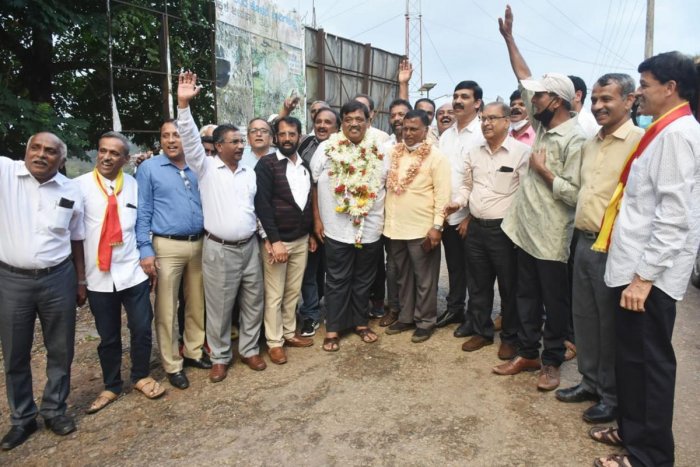
M P Keshava Kamath will be the new president of Kodagu district Kannada Sahitya Parishat, after his victory in the elections held on Sunday.
He edged past his close electoral rival Lokesh Sagar, with a margin of 134 votes. Of the total votes, Kamath got 924 votes and Lokesh Sagar got 790 votes, while 12 votes got rejected.
Keshav Kamath received maximum votes in Madikeri, Virajpet and Ponnampet taluks, while Lokesh was leading in Somwarpet and Kushalnagar taluks.
Votes cast
A total of 1,726 votes were cast during the elections. In Somwarpet, 490 among 647 voters exercised their franchise, while 337 out of the total 424 votes were cast in Kushalnagar, 216 out of 303 people voted in Virajpet, 468 out of 766 votes were cast in Madikeri and 215 out of 280 voters exercised their franchise in Ponnampet.
Supporters of Keshava Kamath gathered outside the counting centre and rejoiced after results were declared and raised pro-Kannada slogans.
District Kannada Sahitya Parishat former president T P Ramesh, Kodagu Patrika Bhavana managing trustee Manu Shenoy, writer Shamsuddin, literature enthusiasts Navin Kushalappa, Munir Ahmed, Baby Mathew and DSS leader Diwakar were present, among others.
Speaking on the occasion, the newly elected president of district Kannada Sahitya Parishat, Keshava Kamath, said that it is not his victory alone, but, the victory of all literature enthusiasts and members of Kannada Sahitya Parishat.
He also said that he will utilise the opportunity provided to him, to serve the Kannada language.
My first priority will be building Kannada Bhavana in the district, he said.
He added that he will carry out his duties by taking into confidence, all his voters, non-voters and former presidents of Zilla Kannada Sahitya Parishat.
Former president T P Ramesh said that there is a need to work unitedly towards the development of Kannada Sahitya Parishat.
As a senior member, he will give rightful suggestions to the Parishat, he added.
The election was held in Madikeri, Somwarpet, Virajpet, Kushalnagar and Ponnampet from 8 am to 4 pm.
The election process was headed by tahsildar Mahesh.
source: http://www.deccanherald.com / Deccan Herald / Home> State> Mangaluru / by DHNS, Madikeri / November 21st, 2021
